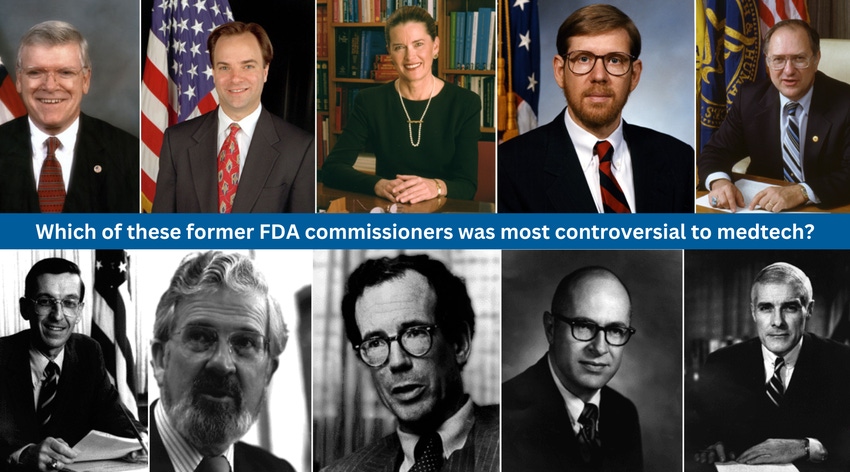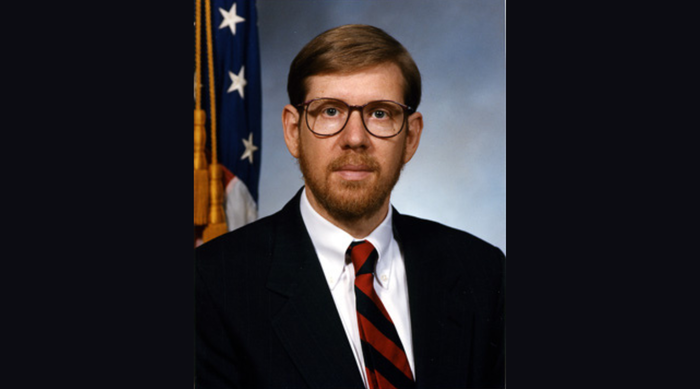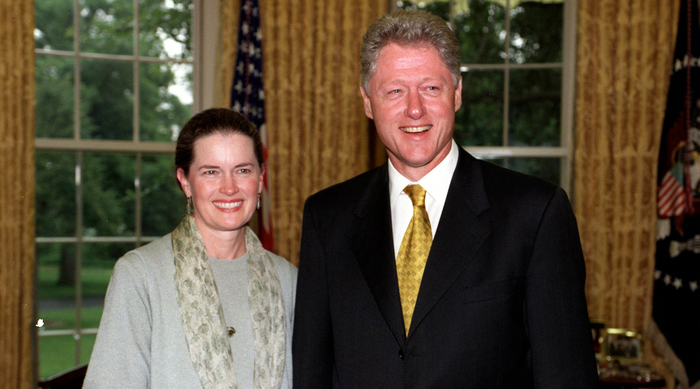The Most Controversial FDA Leader in History
Which controversial FDA commissioner was the first in history whose nomination had to be confirmed by the Senate?
January 12, 2024

Widely considered the most controversial FDA commissioner in history (at least from a medical device standpoint), David Kessler also was the first FDA commissioner whose nomination had to be approved by the Senate.
Kessler's confirmation was, in the words of one former MD+DI regulatory columnist, "whisked through the Senate" on Oct. 28, 1990 in the aftermath of a generic drug corruption scandal and amid fear that the contamination had spread to medical device regulators.

Former FDA Commissioner David Kessler
"No FDA commissioner in the past quarter-century has made as deep an impact on FDA and its regulated constituencies as has David Kessler, who quit in November after six years and is expected to depart before winter's end," James Dickinson, a former MD+DI columnist, wrote in February 1997. "Despite the disillusionment of device manufacturers, Kessler's performance was undeniably extraordinary in a position that one distinguished incumbent, the late Alexander Schmidt, once said burns out anyone in about two years."
The big unknown at the time of that particular Dickinson column, was if Former President Bill Clinton would choose a successor who would preserve Kessler's legacy, or one who would roll back some of Kessler's initiatives in the Center for Devices and Radiological Health (CDRH), such as his efforts to add more clinical parameters to the review of 510(k) submissions.

Former FDA Commissioner Jane Henney with Former President Bill Clinton on the day of her nomination, June 23, 1998. IMAGE COURTESY OF ROBERT GIROUX / HULTON ARCHIVE VIA GETTY IMAGES
Jane Henney was ultimately tapped as Kessler's successor. By the end of her first year at the helm of FDA, it was clear that Henney was more palatable to the medical device industry than her predecessor.
"From a strictly medical device standpoint, the consensus seems to be that Henney, on a scale of 1 to 10, gets about an 8," Dickinson wrote in a March 2000 column for MD+DI. "She achieves this by the simple fact of not being David Kessler ..."
Although Henney had previously been a Kessler protégé as his deputy commissioner for operations, she won confirmation by managing to convince Senate leaders that she would do things a lot differently, according to Dickinson's account.
"At the one-year point in her tenure, she is given high marks for doing just that," he wrote. "Indeed, she is credited with de-Kesslerizing the internal FDA command deck. She is also admired by many for shunning the media spotlight that shone so brightly on Kessler."
While her ability to stay out of the headlines may have frustrated some journalists of the time, it was a welcome change for the medical device industry and its relationship with FDA.
"When was the last time Tom Brokaw or Peter Jennings opened a report with, 'Now some warm words for the medical device industry from FDA'," Dickinson quipped. "Thus, the quieter Jane Henney remains, the more people she pleases. And the higher her approval rating becomes."
About the Author(s)
You May Also Like



.png?width=300&auto=webp&quality=80&disable=upscale)
